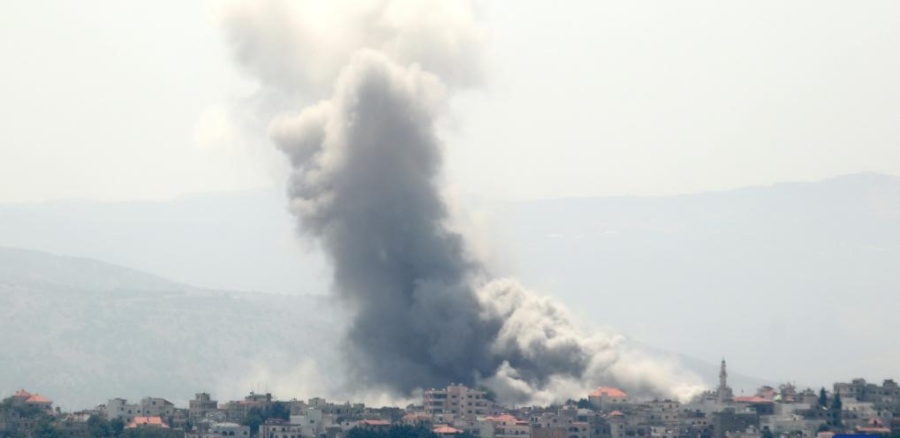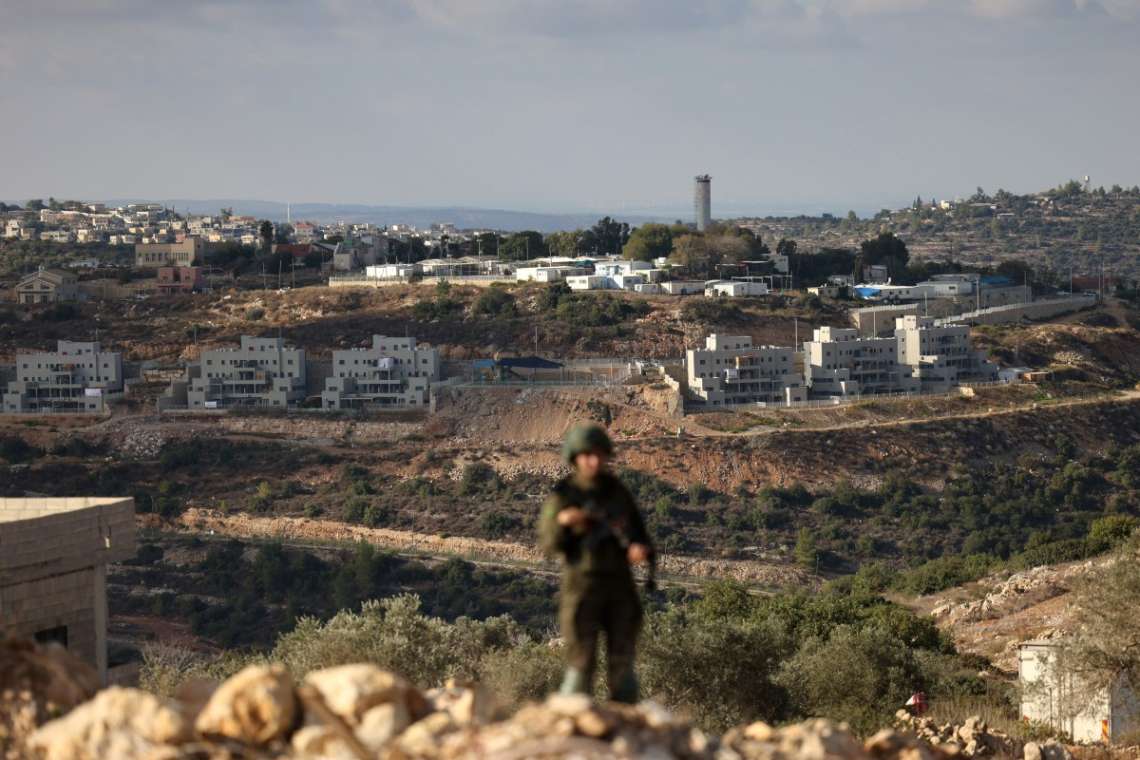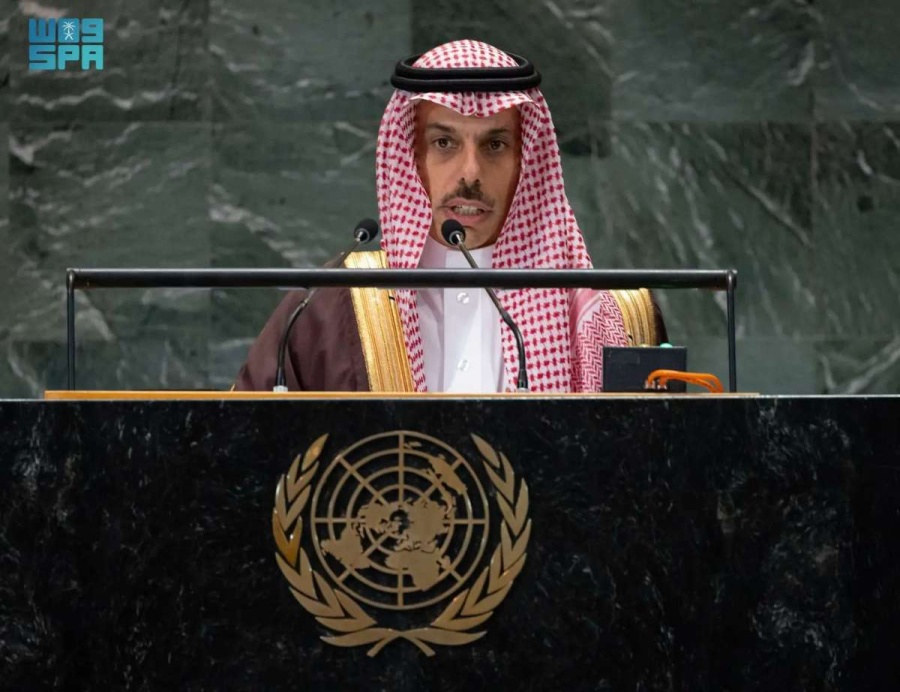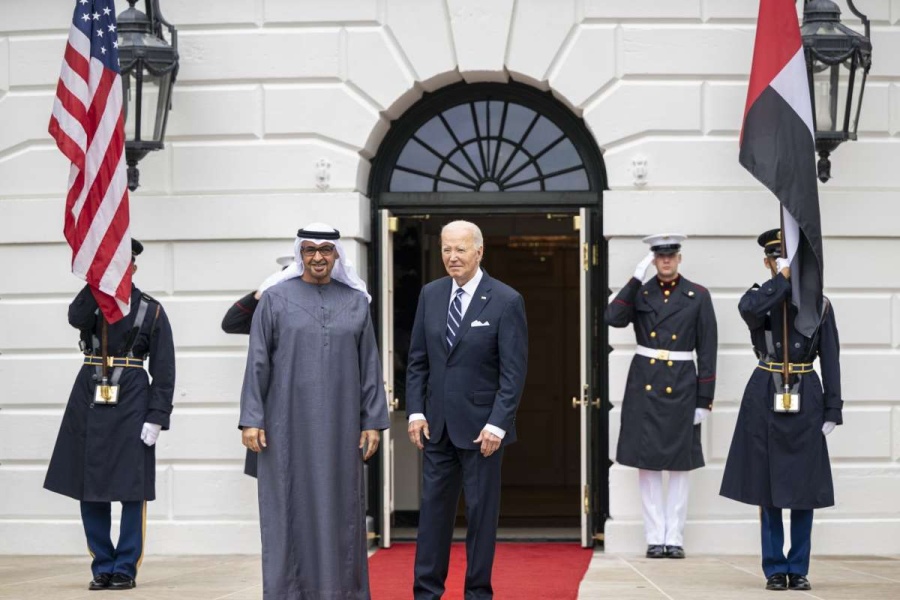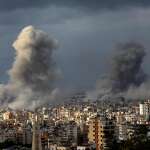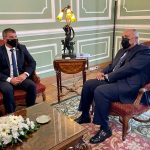Israel’s sweeping airstrikes across Lebanon have raised the conflict between Israel and Hezbollah to a new peak….reports Asian Lite News
At least 492 people have been killed in extensive Israeli airstrikes targeting Hezbollah in Lebanon, marking the deadliest day of conflict in nearly 20 years, according to the country’s health ministry.
The death toll from the Israeli airstrikes on Monday included 24 children and 42 women, with many victims still unidentified, Xinhua news agency reported, citing Lebanese health officials.
Israel’s sweeping airstrikes across Lebanon have raised the conflict between Israel and Hezbollah to a new peak.
Hezbollah, meanwhile, launched more than 200 rockets into northern Israel, according to the military. Paramedics said two people were injured by shrapnel.
This latest surge in hostilities comes on the heels of last week’s mysterious explosions targeting pagers and walkie-talkies throughout Lebanon, which left several dead and a nation on edge.
The rapid succession of events has catapulted the long-simmering tensions to unprecedented levels, raising fears of a broader regional conflagration.
Herzi Halevi, Israel’s military chief, announced on Monday evening that the country was preparing for “the next phases” of its military operation, as the Israeli Defense Forces (IDF) targeted approximately 1,100 sites in southern and eastern Lebanon.
“This morning, the IDF launched a proactive offensive operation,” Halevi said during a situational assessment at the IDF Headquarters Underground Operations Center in Tel Aviv.
“We are targeting combat infrastructure that Hezbollah has been building for the past 20 years,” Halevi noted, adding, “We are striking targets and preparing for the next phases.”
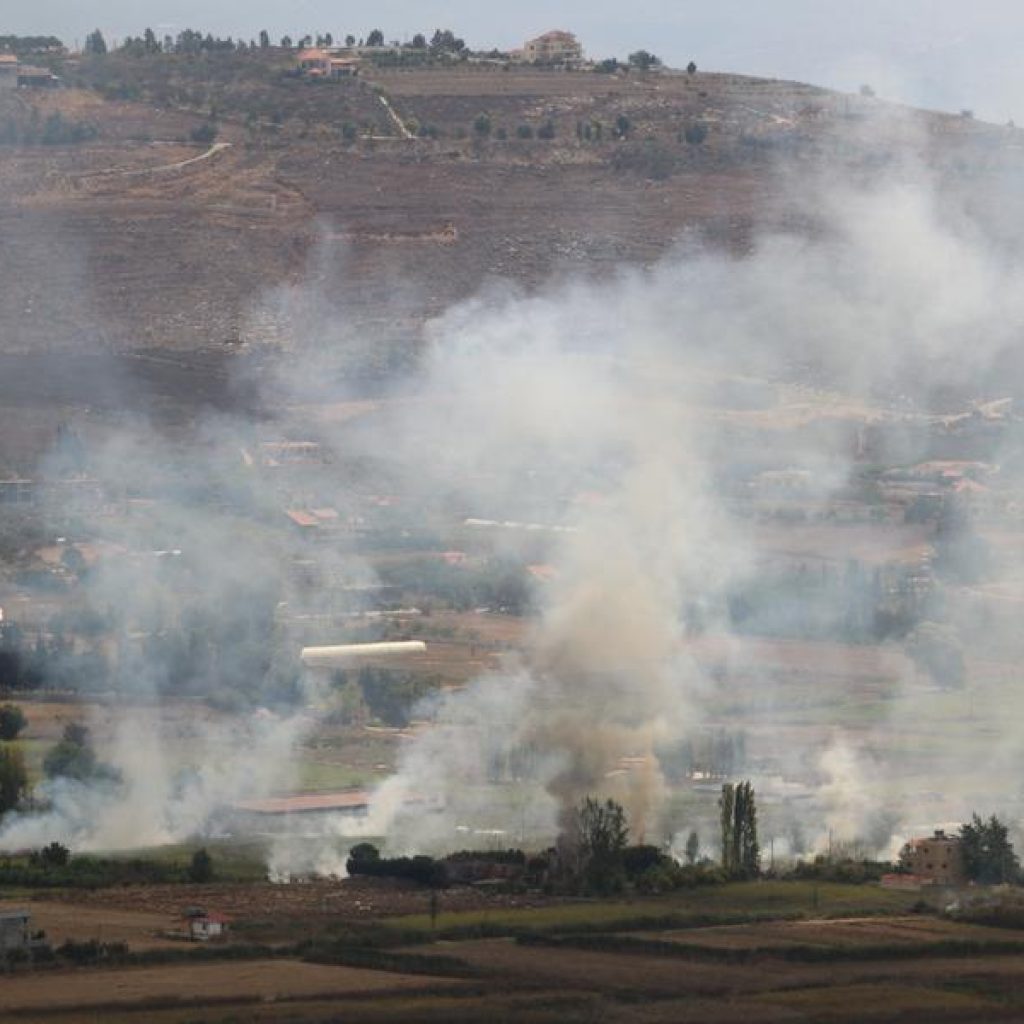
Also on Monday, Israeli airstrikes in Beirut targeted Ali Karki, a senior Hezbollah commander, who was called by Israeli media the “last deputy” of Hezbollah leader Hassan Nasrallah. Hezbollah later said he was “in full health and has moved to a safe place.”
Israeli Prime Minister Benjamin Netanyahu said Israel was acting to change the “security balance” in the north. He also issued a stark warning to Nasrallah during a security assessment meeting on Monday, stating that “everyone is in the crosshairs.”
The strikes have caused widespread destruction and displacement in Lebanon, with residents fleeing from cities such as Tyre, Nabatieh, and Iqlim al-Tuffah towards Beirut and Mount Lebanon.
Syrian media reported a significant movement of people fleeing from Lebanon into Syria at the Syrian-Lebanese border.
Jordan’s Civil Aviation Regulatory Commission announced that it has suspended flights of Jordanian airlines to Beirut until further notice, citing increasing regional tensions and the need to ensure safety and security in civil aviation.
In response to the Israeli attacks, Hezbollah fired over 180 rockets toward northern Israel throughout Monday, the Israeli military reported. Israel’s aerial defence systems intercepted some projectiles, while others fell within Israeli territory, causing fires.
The Magen David Adom rescue service reported that five people were injured by shrapnel.
Hezbollah said in a statement that it had bombed several Israeli military targets, including the reserve headquarters of the Israeli army’s northern corps and Rafael’s military-industrial complexes north of Haifa, “with dozens of missiles.”
Defence Minister Yoav Gallant urged the public to remain calm in anticipation of potential escalated attacks by Hezbollah in the coming days. “These are days in which the Israeli public will have to show composure,” he noted in a video statement.
The Israeli Defence Ministry also announced a “special” security situation across the entire country on Monday night, amid concerns that Hezbollah might broaden the range of its retaliatory attacks.
The attacks have prompted condemnations from both regional and international communities.
Lebanese Prime Minister Najib Mikati condemned the Israeli attacks, describing them as “a war of extermination” during a cabinet meeting. He called on the United Nations and the international community to “stand up and deter aggression.”
The Palestinian Ministry of Foreign Affairs also condemned the Israeli attacks, describing them as a “flagrant violation of international law” and a threat to regional stability driven by the “far-right goals of the Israeli government”.
Egypt on Monday condemned Israel’s attacks on Lebanon, warning that its military escalation will only aggravate the crisis. In a statement, the Egyptian foreign ministry urged international powers and the UN Security Council to intervene to stop Israel’s escalation in the region.
Iranian Foreign Ministry Spokesman Nasser Kanaani warned of the serious consequences of Israel’s “bids to expand the conflict in the entire West Asia region”, while the Turkish Foreign Ministry stated that the attacks “mark a new phase in Israel’s efforts to drag the entire region into chaos”.
UN Secretary-General Antonio Guterres expressed “grave alarm” over the escalating tensions in the region and voiced serious concern for the safety of civilians, including UN personnel. He urged immediate de-escalation and a diplomatic solution to the crisis.
ALSO READ: British troops in Lebanon training its army
ALSO READ: UNSC Meets In Emergency Session Over Lebanon


